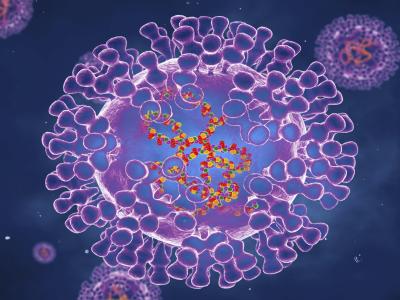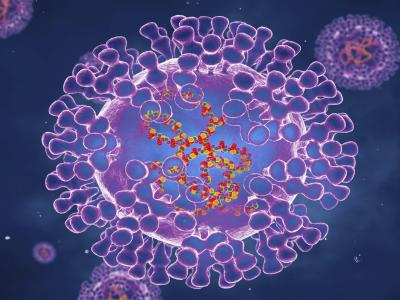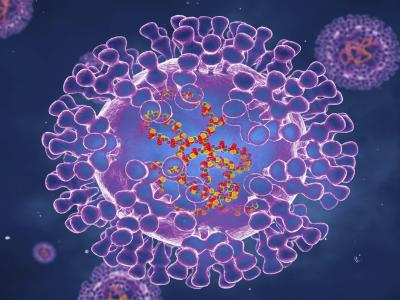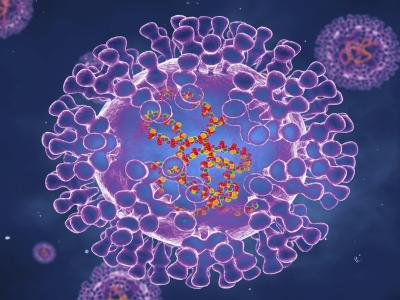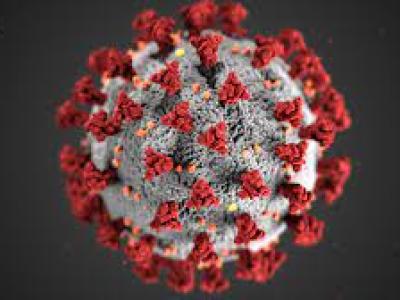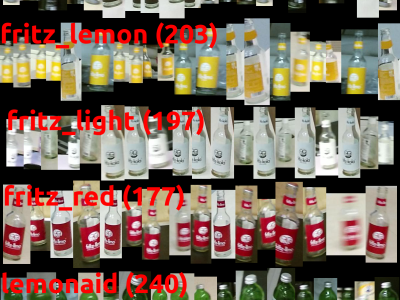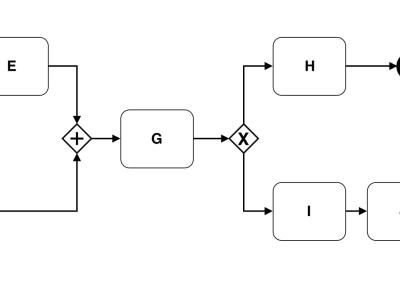
With the continuous improvement in the computational capabilities of edge devices such as intelligent sensors in the Industrial Internet of Things, these sensors are no longer limited to mere data collection but are increasingly capable of performing complex computational tasks. This advancement provides both the motivation and the foundation for adopting distributed learning approaches. This study focuses on an industrial assembly line scenario where multiple sensors, distributed across various locations, sequentially collect real-time data characterized by distinct feature spaces.
- Categories:

